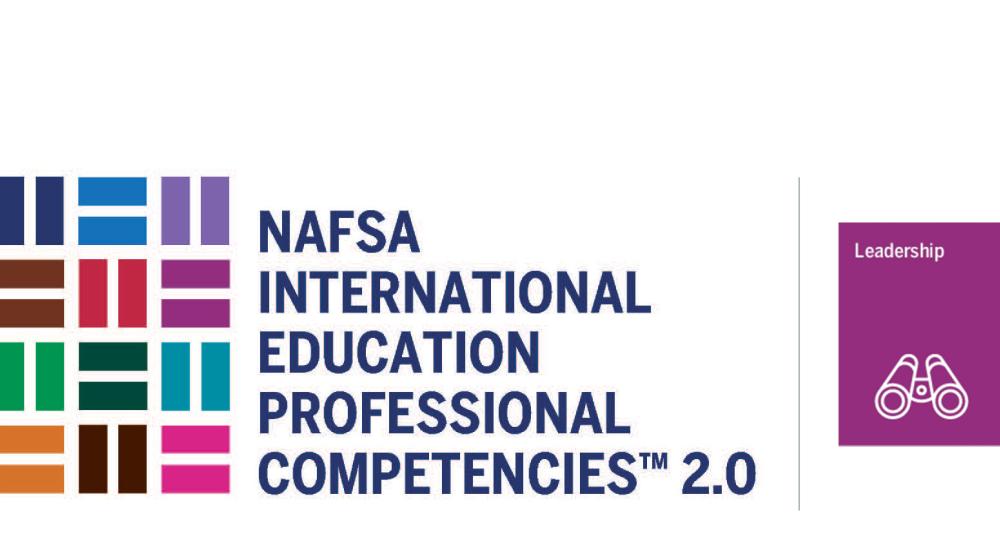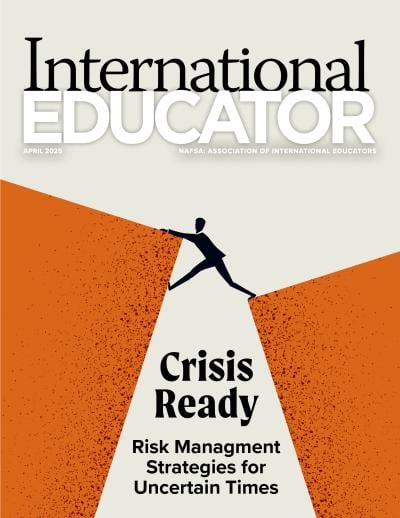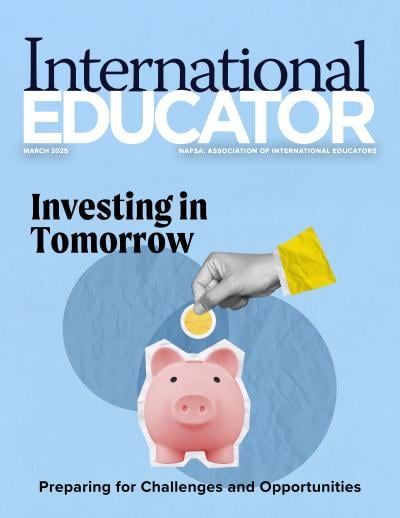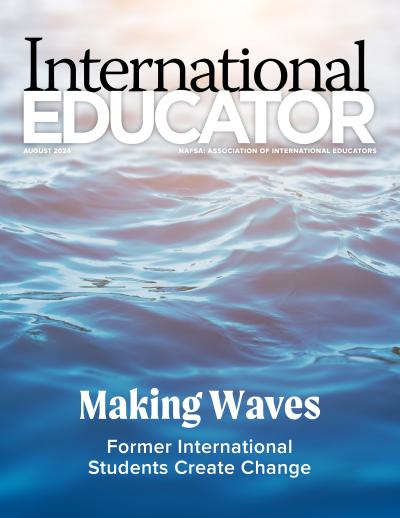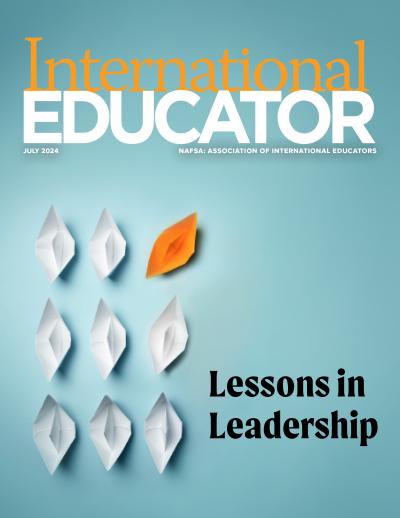Reflections on the NAFSA IE Competencies: Inclusion and Equity
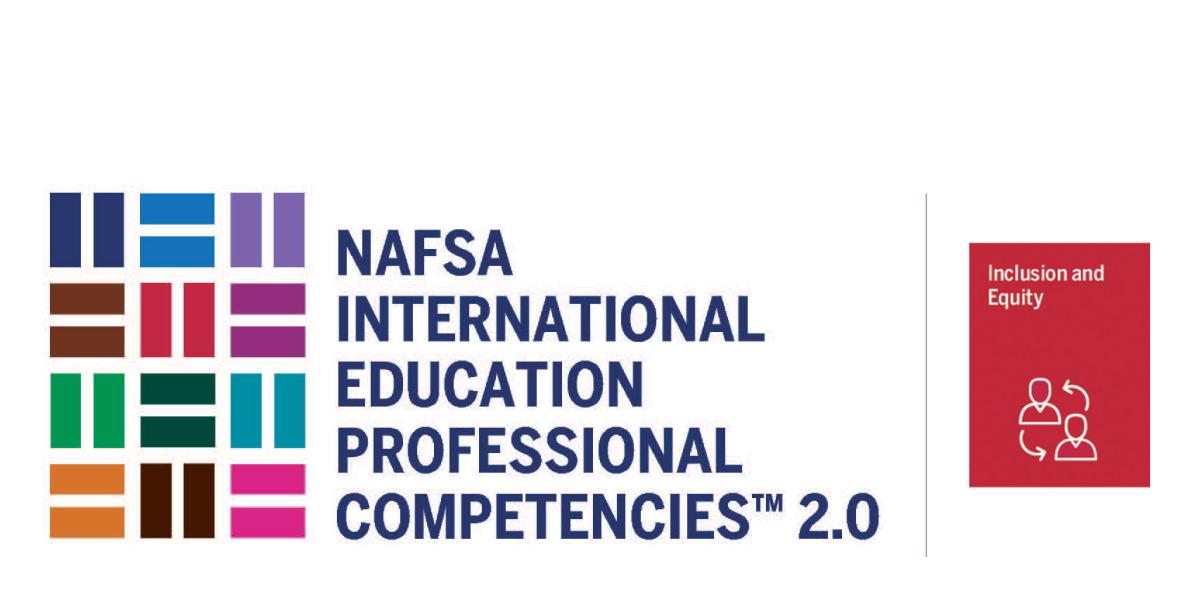
Editor’s note: This article is one in a new series for 2023 that explores one of the 12 International Education Professional Competencies 2.0 in each issue of International Educator. Each written by a NAFSA member, the articles cover how that competency is critical to the future of the field and what it looks like in practice.
Inclusion and equity are critical aspects of world history that we must study and implement, both as requisite tools and practices. Though it seems hyperbolic, we understand the absence of these tools and practices are historically significant and can have deadly consequences. As international educators, we must be vigilant with our contributions to the field around inclusion and equity.
Since its founding in 1948, NAFSA has grown, adjusted, and shifted with the times and different environments. In 2022, a working group of NAFSA members and staff identified inclusion and equity as one of the professional competencies we should possess as international educators and advocates. To create useful, unbiased knowledge for our delicate future, it is vital we optimize this critical competency. Good leadership depends on it.
Theory into Practice
Besides reviewing case studies and studying the theories of inclusion and equity, what does it mean to understand and actively engage that practice? A few things come to mind:
- At minimum, it means intentionally removing barriers, allowing more access to resources, and inviting diverse perspectives to contribute.
- It is not only about the faces and cultures present in a space, but also about the ideas, experiences, and creativity that those people and cultures bring that adds value.
- It is about pausing for a moment to ask yourself or your team, “Does this opportunity or illustration I am formulating leaving anyone out? Is it preventing anyone from seeing themselves in this opportunity?”
Inclusion and equity are two sides of the same coin in international education. It is the currency we use to solve the challenges we face with enrollment at our institutions. It is also the currency we offer to support students, scholars, and partners navigating the terrain of cross-cultural understanding.
The Next 75 Years
Looking forward to the next 75 years of NAFSA and the field, inclusion and equity will only grow in necessity. It will become a part of our everyday language as we continue to adjust our practices and policies. I hope that eventually, intentionality with inclusion and equity will no longer require extensive training. •
Ebony Majeed is the coordinator for financial operations and advising in the office of study abroad and international programs at Christopher Newport University. She is also a member of NAFSA's Leadership Development Committee.
NAFSA Resources
About International Educator
International Educator is NAFSA’s flagship publication and has been published continually since 1990. As a record of the association and the field of international education, IE includes articles on a variety of topics, trends, and issues facing NAFSA members and their work.
From in-depth features to interviews with thought leaders and columns tailored to NAFSA’s knowledge communities, IE provides must-read context and analysis to those working around the globe to advance international education and exchange.
About NAFSA
NAFSA: Association of International Educators is the world's largest nonprofit association dedicated to international education and exchange. NAFSA serves the needs of more than 10,000 members and international educators worldwide at more than 3,500 institutions, in over 150 countries.
NAFSA membership provides you with unmatched access to best-in-class programs, critical updates, and resources to professionalize your practice. Members gain unrivaled opportunities to partner with experienced international education leaders.


